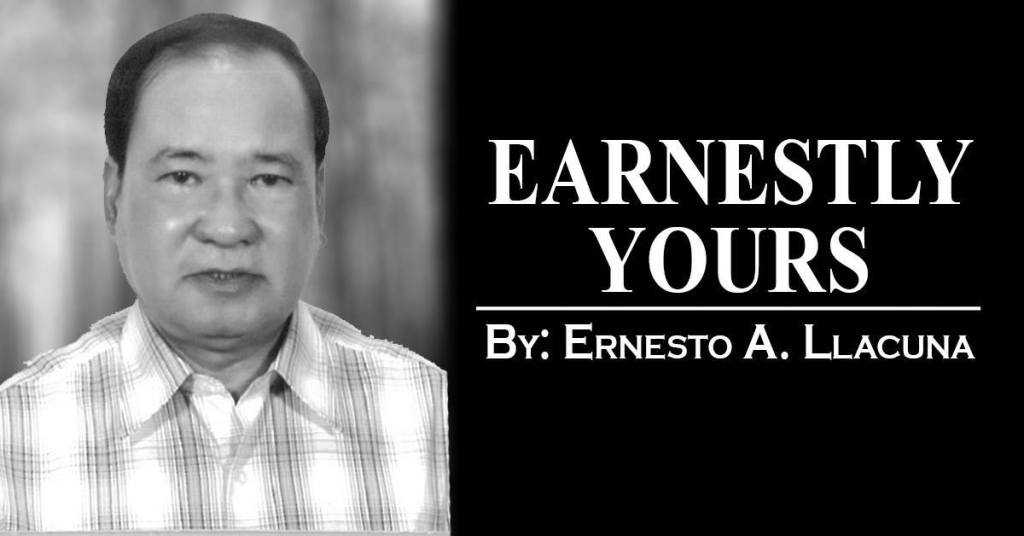“Simula nang naging batas ang IPRA, napansin ko po na hindi na na-discriminate ang mga IP sapagkat dahil sa batas, nabigyan ang mga katulad ko ng oportunidad lalo na sa livelihood.”

I chanced upon an interview on Rappler with May Hyancinth Ateng, a member of the B’laan tribe from South Cotabato on her observation regarding the treatment of IPS after the enactment of IPRA Law. She said that:
“Simula nang naging batas ang IPRA, napansin ko po na hindi na na-discriminate ang mga IP sapagkat dahil sa batas, nabigyan ang mga katulad ko ng oportunidad lalo na sa livelihood.” (Since IPRA was signed into law, I noticed that the members of IPS have not been discriminated anymore because the law has given people like me opportunities especially in livelihood.)
I would like to believe that since the enactment and implementation of RA 8371, or the Indigenous Peoples’ Rights Act (IPRA) windows of great opportunities opened for IPs. They were further empowered and slowly, they were removed from the marginalized sector of society.
I would also like to believe that the case of the IPS in Palawan is no different from what is happening in the whole country. One of the visible changes that are brought about by IPRA law is making education accessible to them without them leaving their communities.
On the part of the private sector like CBNC, this program is our way of manifesting our support for the IPRA law. CBNC along with RTNMC was instrumental in the establishment of the Indigenous Learning System (ILS) a counterpart of the Alternative Learning System (ALS).
This program focuses on the IPS and aims to bring education to the IP communities in Bataraza. It had opened a pathway of learning and strengthened their indigenous leadership potentials and capacities.
For several years that this program is implemented, it has created positive change and meaningful development in the IP communities. it did not just teach IP learners how to read, write and count. It also produced professionals who also opted to be teachers in the ILS program to teach their fellow IPs. Through ILS’ employment of dynamic and flexible learning systems, IPS learn to develop their skills, articulate their values and visions and slowly inspire other members of their community to be ILS learners also.
Through the education that ILS brings, IPS is empowered. We invest in their future while preserving their identity and their diverse and unique culture.
One of the challenges that Indigenous Peoples and Indigenous cultural communities are facing is the issue of ancestral domain. I also believe (as we have avowed to believe because of the IPRA Law) that their land is “sacred” since the IPS and ICCs inherited these from their ancestors who occupied it since time immemorial. Thus, the ownership of these lands is their right.
On our part in CBNC, any development plans that the company envisions always consider the involvement of the issue of ancestral domain since the company recognizes that these land are protected by RA 8371. The company always takes into consideration that the welfare, identity, and rights of the IPS supersede the welfare of CBNC. It is one with the IP community in strengthening their community and enhancing their plight.
